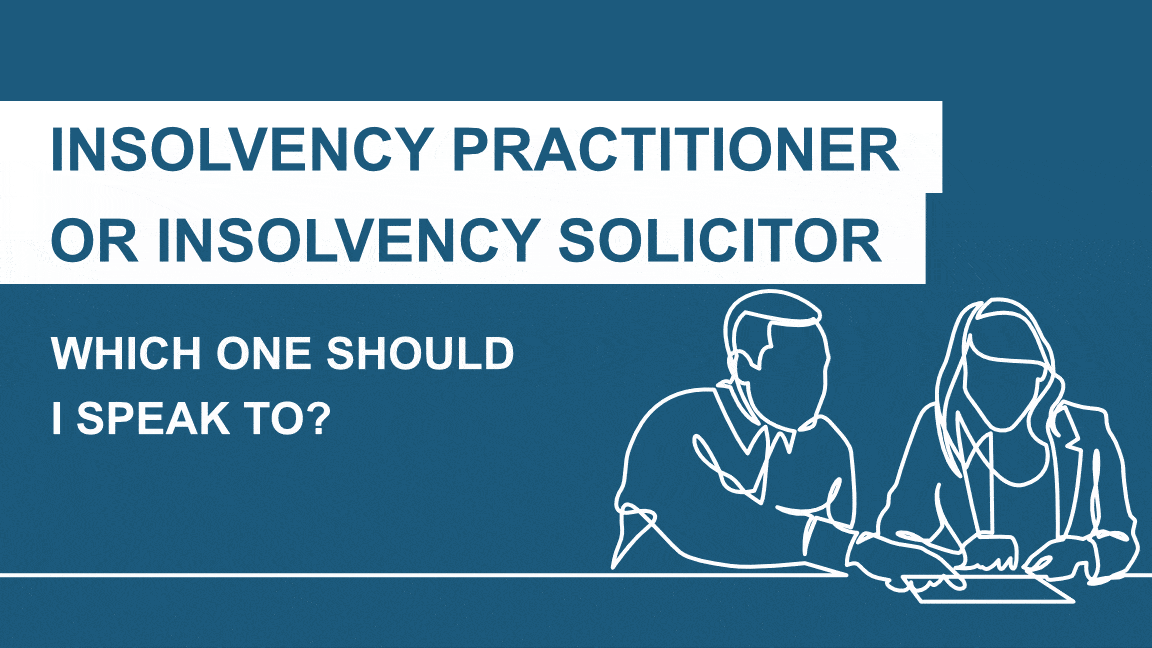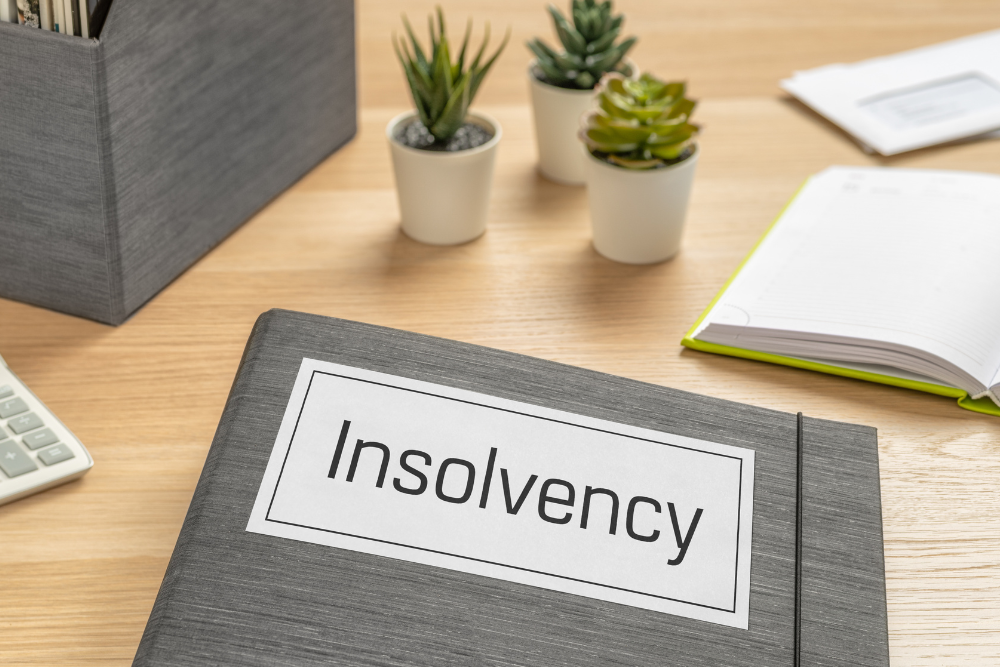The Basic Principles Of Insolvency Practitioner
Wiki Article
The Basic Principles Of Insolvency Practitioner
Table of ContentsThe Main Principles Of Insolvency Practitioner The Ultimate Guide To Insolvency PractitionerThe Definitive Guide to Insolvency PractitionerInsolvency Practitioner Can Be Fun For EveryoneA Biased View of Insolvency Practitioner
Whether or not you need to utilize an insolvency practitioner (IP) to liquidate your company depends on various factors. While engaging a bankruptcy professional for all types of liquidation is not a legal requirement, doing so can usually streamline the procedure and ensure compliance with lawful requirements. Liquidating a company is a crucial choice that features considerable repercussions.
It is a treatment utilized when a business does not have any type of financial institutions, or every one of their creditors can be repaid in full with statutory passion. Understanding the various sorts of insolvency procedures can assist you identify the ideal strategy for your company's liquidation or other official bankruptcy procedures itself.
This is mandatory in order to abide by legal needs - Insolvency Practitioner. This is since IPs have the essential certifications and experience to guarantee that the liquidation procedure is conducted according to all applicable regulations and guidelines. By engaging an accredited insolvency expert, you can have comfort knowing that your company's liquidation process will be dealt with expertly and in compliance with the relevant lawful needs
Unknown Facts About Insolvency Practitioner
The bankruptcy practitioner is assigned as a liquidator and is in charge of taking care of the company and liquidator's financial debts outstanding responsibilities and possessions. This procedure includes marketing off the business's properties and distributing the earnings to financial institutions. Upon completion of the process, the business is removed from the register at Business Residence.Stopping working to do so can cause personal obligation for the business or director for the creditor's financial debts. Volunteer liquidation, which includes Creditors' Voluntary Liquidation (CVL) and Members' Voluntary Liquidation (MVL), is started by the business's supervisors and investors when they can no much longer pay their financial obligations. In a CVL, the insolvency expert is designated as the liquidator, in charge of handling firm financial debts and all company properties.

The Insolvency Practitioner Statements
By examining the proficiency and experience of potential insolvency experts, you can guarantee that you select a professional who possesses the needed qualifications to manage your business's liquidation process effectively. While bankruptcy practitioner-led liquidation is typically the most proper course of action for see page business dealing with insolvency, there are different strategies to consider, such as striking off and partial liquidation.It's vital to review all offered alternatives prior to picking the next ideal remedy or course of action for your company. Striking off firms' registers is an extra straightforward and cost-efficient method to close inactive or little firms with no financial debts or possessions. To strike off a firm, its name is removed from the Companies House register by sending type DS01.
Before selecting striking off, it's important to weigh the advantages and downsides of this strategy and consider whether it's the best option for your organization. Partial liquidation is another option to insolvency practitioner-led liquidation, where a company liquidates specific assets and responsibilities while continuing to operate with the remaining properties and responsibilities.
A Bankruptcy Professional will certainly have the ability to advise you of the most effective strategy to take and ensure that every little thing runs smoothly. Unfortunately, it is not possible to sell off a company without a liquidator. Appointing an authorized bankruptcy specialist is needed for the procedure of voluntary liquidation to begin.
Insolvency Practitioner for Beginners
It is possible to shut and liquidate your company without making use of a liquidator, given your company is solvent and you satisfy the qualification requirements to dissolve or liquidate it. If your company is insolvent, you might be required to utilize a liquidator and start official bankruptcy procedures. Here are a few other informative articles pertaining to company liquidation in the UK:.Being in a setting where you're unable to pay your company's creditors is very demanding. In an attempt to prevent enhancing the degree of financial debt, several firms try to negotiate straight with their lenders and consent to an informal arrangement. If i loved this the financial debt is rather little and owed to one financial institution, and the financial institution is being participating, getting in right into an informal financial obligation arrangement is probably the most effective solution, rather than browsing the internet for 'an insolvency professional near me'.
On the other hand, if there are multiple creditors and the degree of financial obligation is huge, creditors may not be so eager or participating. In order to stay clear of liquidation or insolvency, it is far better to employ a bankruptcy professional to create formal propositions and discuss with creditors in your place.
About Insolvency Practitioner
Whilst it is a means to handle financial obligation, there are considerable threats entailed with this type of financial obligation plan - Insolvency Practitioner. If a lender wants to become part of a casual setup (IA) where the debtor has concurred to make normal, if reduced, settlements to pay back the debt, it's essential to adhere to the arrangement
The creditor is within their rights to back out of the arrangement and application the courts for your business his response to be liquidated at any time. A formal setup that has actually been proposed by an insolvency expert in your place, and concurred by a lender, offers a much safer choice.
Report this wiki page